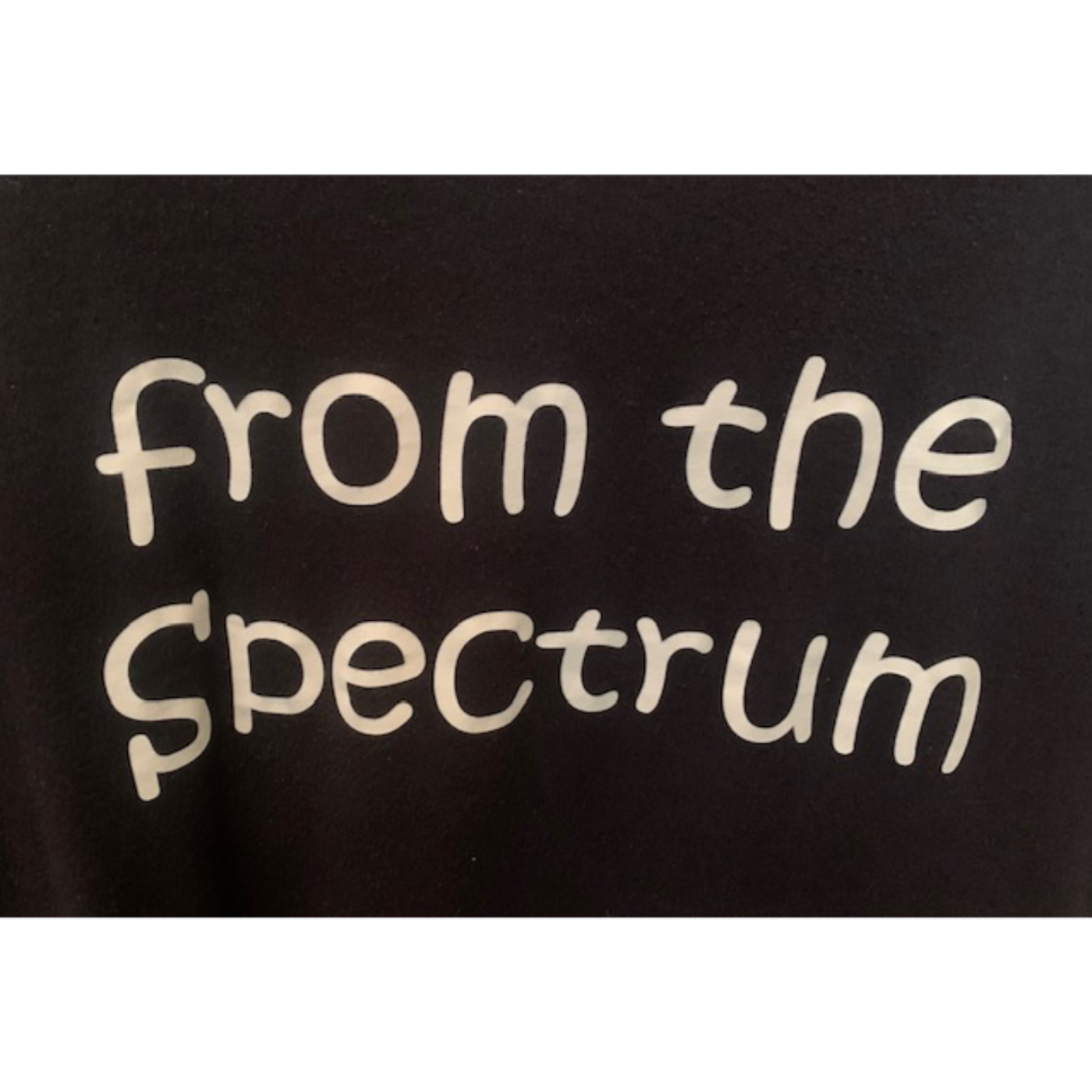
Meet My Autistic Brain
What is it like to find out late in life that you are autistic? The Autistic Woman talks about life experiences and how autistic traits affect her as an adult. You'll hear personal stories, opinions about research and the importance of autistic voices. Includes some fun stuff too and interviews of autistic guests! This podcast is primarily for adult autistics and their family and friends. It's one of the top 0.5% most popular shows globally as ranked by Listen Score with more than 1,000,000 downloads.
Meet My Autistic Brain
Routine
Routines are considered an autistic trait and even a diagnostic criteria. Are they so bad? The reason autistics use routine may surprise you.
Support the Show! Rate and review the podcast. It helps make this content available to more autistics. It only takes a few seconds to rate, less than a minute to review.
Links to other autistic creators:
Adult with Autism: https://www.youtube.com/c/AdultwithAutism
Aspergers from the Inside: https://www.youtube.com/c/AspergersfromtheInside
Yo Samdy Sam: https://www.youtube.com/c/YoSamdySam
I love hearing from you! Contact me here:
Twitter: @anautisticwoman
Email: info@theautisticwoman.com
Website: https://theautisticwoman.com
Slava Ukraine!
Sunsama free trial: https://try.sunsama.com/xi4blkokndgk
RATED IN THE TOP 0.5% GLOBALLY with more than 1,000,000 downloads!
If you are an autistic person who has written a book about autism or if you have a guest suggestion email me at info@theautisticwoman.com.
Instagram
Ko-fi, PayPal, Patreon
Linktree
Email: info@theautisticwoman.com
Website
It’s said that routine is how successful people manage their time. Have you heard of the one billion dollar morning routine?
We’re told that building a routine increases productivity and creates healthy habits.
The word “routine” used to strike fear in my heart. I thought it would be one of the worst things that could be imposed on me.
In effect routine and boring meant the same thing to me. But do they?
In this episode I explore routine and whether it’s good or bad.
At a time when routine is touted as a key
to success we hear that it’s a negative trait in autism. It’s pointed to as meaning we don’t like change. It implies that preferring routine is a weakness.
Confusing? Sure is and I’ve wondered about it since I first heard it’s an autistic trait.
Whatever I read about or hear about routine suggests it’s black and white. If you like routine you’re afraid of change and therefor you won’t succeed. Is that even true?
Most things we do in life are routines. Eating with a fork, brushing teeth, putting on makeup. Software wouldn’t exist without routine. A recipe is a routine right?
I set out to understand this belief about routine and here’s what I found.
First, a simple definition of routine is “A course of action to be followed regularly; a standard procedure.”
Next, I found these synonyms: usual, normal, standard, familiar, current, exercise, practice.
Finally, here are some words that are antonyms, or opposites: disorder, disorganization, irregular, abnormal, peculiar, atypical.
Wait, now I’m really confused.
Let’s look at the idea of change and whether autistics use routine to avoid it.
I understand that autistic brain wiring means we have to break our focus on one thing in order to focus on another. It takes more energy perhaps for us to change direction at times. Is that the purpose for routine?
My first inclination is to say I use routine so I don’t have to focus. It’s automatic. It’s efficient. It’s easier than starting from scratch each time I have to do something.
If a routine isn’t serving me, I’ll eventually abandon it and find a better one.
While the media is telling us routine is the key to success, we’re hearing that in autism it’s a negative trait. I don’t see it yet.
Is it that too much routine is somehow bad?
Perhaps routine is common to autistics because we have efficient brains, brains that develop ways to conserve energy so it can be used for the more important things like creativity, imagination, productivity, dealing with stress, managing our lives.
Again it seems the research about routine and change pertains to children. I don’t understand why it’s bad for a child to eat pizza every day. As an adult I can tell you that over the years things will change. Maybe only slightly, but as we learn ways to adapt in the world and are exposed to more choices WE change. For most of us it’s not possible to stay the same for an entire lifetime.
By the time we’re adults we’ve heard frequently that it’s healthy to have a bedtime routine, a teeth brushing routine, an exercise routine. Meditation is a routine.
We’re told that having routines reduces stress. Maybe they’re a way to control what we can. Maybe it’s a way people, autistic or not, cope with change.
I’d like to be that person who has life maintenance routines. When I was growing up the women in the neighborhood would wash clothes on Monday and hang them on the clothesline to dry. On Tuesday they would “sprinkle” the clothes with water and roll them into little bundles they put into specially designed pastel plastic bags.
On Wednesday they would unroll the bagged clothes and then iron them. I thought that was so illogical but hey, routines don’t have to make sense.
I’d love to be organized enough to do my laundry on a specific day, dust and vacuum on another, grocery shopping on a set day.
As I really thought about this I wondered whether it might not be routine I avoid at all. It’s more likely that I avoid a schedule.
A schedule means I have to promise now that I’ll be able to do something later. A routine can be how I do the thing that is scheduled. And of course a schedule can be routine.
One example of a creature that likes routines and schedules is a cat. This is by no means intended to compare cats and people.
My cats expect to be fed at a certain time each day. One of them starts pacing about 20 minutes before eating time, meowing under his breath, looking at me desperately. I think it’s more to do with following a scheduled routine than eating judging by how indifferent he is once his bowl is full.
Every now and then I change the cats’ schedules intentionally thinking I can reduce their expectations. They don’t like it because they don’t understand it and they’re afraid of what they don’t understand. In a few days they adapt to the new routine or are happy to go back to the old one.
Routines are not the same as obsessions or rituals. Routines serve a purpose. For my autistic brain routines conserve my energy. Rather than use that energy doing repetitive but often necessary mundane things in life, I have energy to use for the interesting things I want to do. I have energy to handle the real challenges of being autistic.
Podcasts we love
Check out these other fine podcasts recommended by us, not an algorithm.

Atypical: The Podcast
The Atypical Crew

